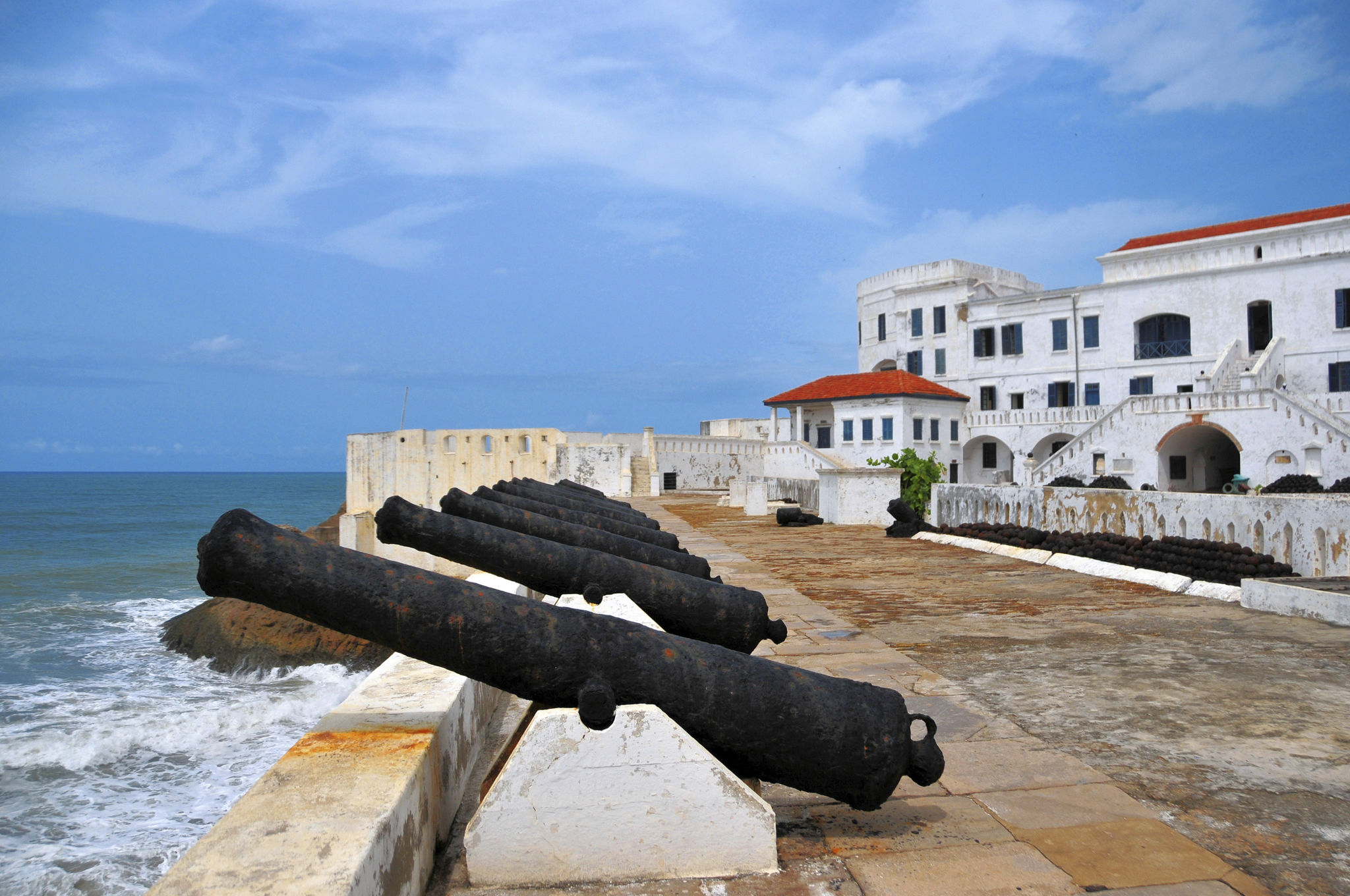Preserving Ghana's Coastline: Practical Community Engagement Strategies
Understanding the Importance of Ghana's Coastline
Ghana's coastline stretches over 500 kilometers, offering a wealth of natural resources and cultural heritage. This coastal region is not only a hub for biodiversity but also a vital source of livelihood for millions. From fishing and tourism to agriculture and trade, the coast is integral to Ghana's economy. However, rising sea levels, pollution, and overfishing threaten its sustainability.

Community Awareness and Education
To effectively preserve Ghana's coastline, it is crucial to engage communities through awareness and education. Local populations must be informed about the environmental challenges facing their coastal areas. Workshops and seminars can be organized to educate residents on sustainable practices. Additionally, integrating environmental education into school curricula will empower the younger generation to become stewards of their environment.
Collaborating with local leaders and influencers can amplify these educational efforts. By involving respected figures in the community, the message of conservation can be conveyed more effectively. These leaders can serve as role models, demonstrating eco-friendly practices and encouraging others to follow suit.
Promoting Sustainable Fishing Practices
Fishing is a primary occupation along Ghana's coast, but unsustainable practices have led to depleted fish stocks. It is essential to introduce and promote sustainable fishing methods that protect marine life and ensure long-term viability. Training programs on modern, sustainable techniques can help fishermen transition from traditional methods that may be harmful to aquatic ecosystems.

Establishing marine protected areas (MPAs) can also play a pivotal role in preserving fish populations. MPAs restrict certain activities, allowing marine life to thrive without human interference. Local communities should be involved in the planning and management of these areas to ensure compliance and effectiveness.
Addressing Coastal Erosion
Coastal erosion is a significant issue affecting Ghana's shores. To combat this, communities can participate in restoration projects that stabilize the coastline. Planting mangroves and other native vegetation can help reduce erosion naturally. These plants not only anchor the soil but also provide habitats for various species.
Additionally, communities should be encouraged to adopt waste management practices that prevent debris and pollutants from exacerbating erosion. By reducing plastic waste and promoting recycling initiatives, residents can contribute to a healthier coastal environment.

Engaging Stakeholders for Collaborative Efforts
Preserving Ghana's coastline requires a collaborative approach involving multiple stakeholders. Government agencies, non-governmental organizations (NGOs), private businesses, and local communities must work together to develop comprehensive conservation strategies. Public-private partnerships can drive investment in sustainable infrastructure and eco-friendly technologies.
Regular stakeholder meetings can facilitate communication and align efforts towards common goals. By sharing knowledge and resources, stakeholders can implement effective solutions tailored to the unique challenges of Ghana's coastal regions.
The Road Ahead
Preserving Ghana's coastline is an ongoing journey that demands commitment from all sectors of society. Through practical community engagement strategies, such as education, sustainable practices, and collaborative efforts, we can safeguard these vital ecosystems for future generations. By working together, we ensure that Ghana's coast remains a source of prosperity and biodiversity for years to come.